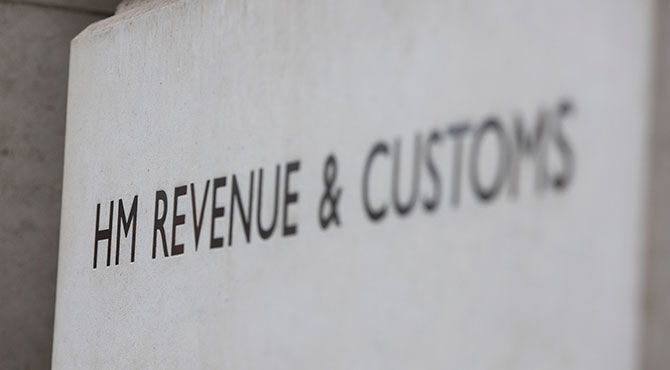Tax changes to spur fight on UK non-doms?
Changes by HMRC to the tax regime are influencing UK non-domiciled residents to move overseas in the short term with mixed impacts for the Treasurey and UK economy.

 26 November 2018
26 November 2018New tax rules for non-doms
However, Moore Stephens pointed out that new tax rules meant there would now be a £60,000 annual charge for non-doms who pay tax on the so-called ‘remittance basis’ and have been resident in the UK for more than 12 of the last 14 years.There will also be restrictions on the ‘remittance basis’ to non-doms who have been resident in the UK for 15 or fewer of the last 20 years – longer-term non-doms now must pay UK income tax on all their worldwide income.And there has also been new ‘failure to correct’ legislation, which introduces stiff new penalties for non-compliance around offshore assets, including penalties of up to 200 per cent of the tax owed.Economic impact of non-doms in UK
Moore Stephens says that these changes have directly led to more non-doms considering leaving the UK in the short term.Simon Baylis, head of private client services at Moore Stephens, said: “As non-doms have the ability to leave the country at very short notice, the government must be alive to the risk of losing them and the income they provide to the UK.“Non-doms make an enormous contribution to the Treasury through the tax they pay directly. On top of that, the impact they make indirectly through their businesses, investments and job creation is also very substantial.“Non-doms understand the role they have to play in being responsible taxpayers, and the statistics show that they more than do that. It’s important that the government does not go too far, and treat them as unwelcome guests.”Government figures show that, in the 2016-17 financial year, non-doms paid £9.4 billion in income tax. That year, however, data released over the summer showed there had already been a 29 per fall in the number of registered non-dom taxpayers in the UK - from 120,000 in 2015-16, to 91,000 in 2016-17.Craig Hughes, partner at accountants Menzies LLP, commented at the time: “There has been a noticeable increase in non-doms leaving the UK in recent years. However, to date the overall number of leavers has been relatively small.“There is a concern this could be about to change however, as more ultra-high net worth investors have been exploring the idea of leaving the UK recently. In other words, people have not yet boarded a flight, but they have visited the travel agents to check the climate of other countries.”HMRC said its data said the drop in the numbers claiming non-dom status last year was broadly split into two groups: those who had decided to become fully domiciled in the UK during the year, and those who had paid very little tax in 2015-16 and left the UK tax system the following year.Brexit to impact in the long term
Lucy Brennan, partner at accountancy firm Saffery Champness, said the drop in numbers did not yet indicate the “post-Brexit flight of the non-doms” and was more to do with HMRC “getting on top of its admin”.She said it would be some years before the repercussions of Brexit were felt, and that the tax take from non-doms may actually increase in the next few years.“While the new rules may have an effect on non-dom numbers in the next year or so, with people becoming deemed domicile in the UK far sooner, the tax take itself may actually increase as more worldwide income comes into HMRC’s purview,” Ms Brennan said.Relocate’s new Global Mobility Toolkit provides free information, practical advice and support for HR, global mobility managers and global teams operating overseas. Access hundreds of global services and suppliers in our Online Directory
Access hundreds of global services and suppliers in our Online Directory Subscribe to Relocate Extra, our monthly newsletter, to get all of the international assignments and global mobility news.
Subscribe to Relocate Extra, our monthly newsletter, to get all of the international assignments and global mobility news.©2025 Re:locate magazine, published by Profile Locations, Spray Hill, Hastings Road, Lamberhurst, Kent TN3 8JB. All rights reserved. This publication (or any part thereof) may not be reproduced in any form without the prior written permission of Profile Locations. Profile Locations accepts no liability for the accuracy of the contents or any opinions expressed herein.






































